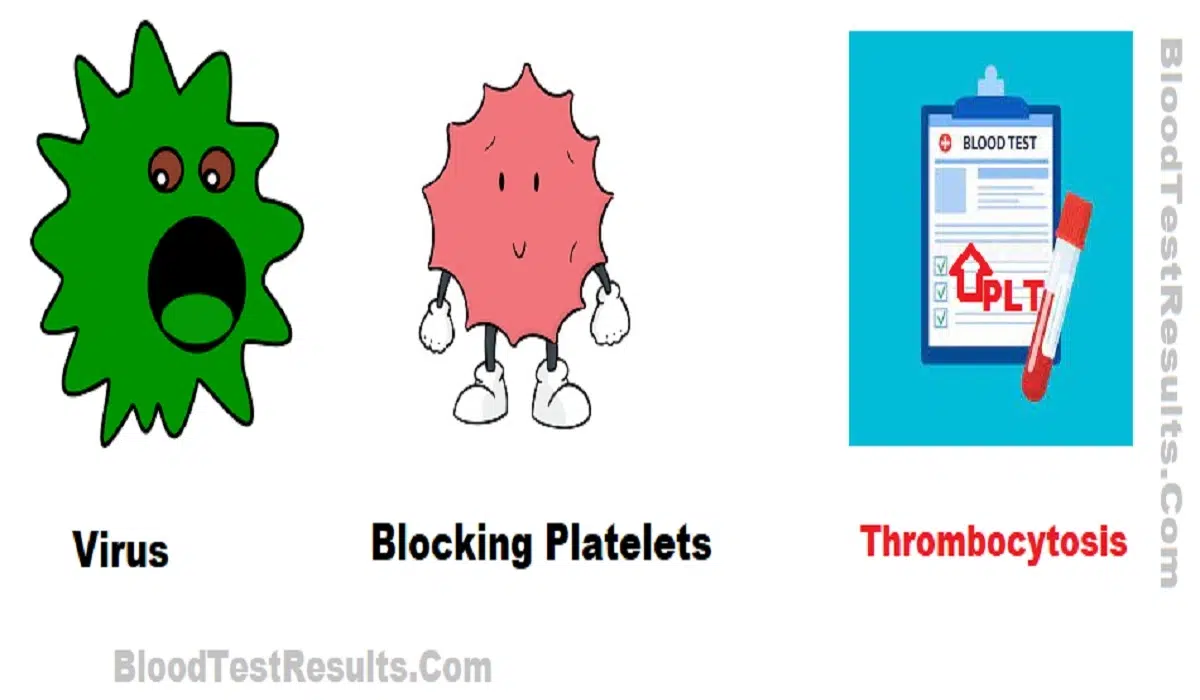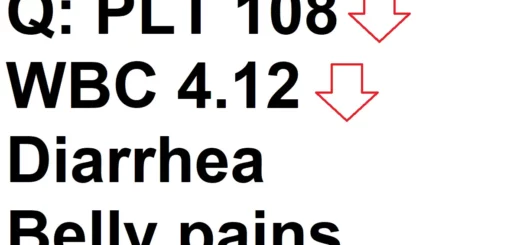What Is the Earlier Test to Predict Coronavirus 2019 COVID-19?
- Does Children Stool Contain Coronavirus?
- Can the Stool examination test detect coronavirus 2019?
- How long the coronavirus can be detected in the blood test?
Scientists still in the “research stage” and no one can affirm any information to date.
However, from 2002 publications and up to date, we can tell some information.
June 2020, the CDC and PubMed published this research about the prediction of the 2019 novel coronavirus (2019-nCoV) from 10 years child’s stool samples, and this an abstract,
Abstract, We report an asymptomatic child who was positive for a 2019 novel coronavirus by reverse transcription PCR in a stool specimen 17 days after the last virus exposure. The child was virus positive in stool specimens for at least an additional 9 days. Respiratory tract specimens were negative by reverse transcription PCR.
https://wwwnc.cdc.gov/eid/article/26/6/20-0301_article
The boy was asymptomatic, it means he had no signs or symptoms of the COVID-19 disease, i.e. no fever, no cough, only closely contacted with many people who are confirmed COVID-19 positive by the PCR test.
The interesting discovery is that the boy was positive for severe acute respiratory syndrome coronavirus 2 (SARS-CoV-2) by reverse transcription PCR (RT-PCR) that was done from his stool sample, while the results come negative when PCR test was has done from the nasopharyngeal swab and sputum samples.
The boy and all possible people who closely came in contact with him were quarantined and monitored by physicians at the hospital.
The collected results lead to some important information about the reliability of the stool RT-PCR test for novel coronavirus.
While there’re no symptoms and normal CBC test as well as no abnormalities shown in the computed tomography scan, the stool PCR test result was Positive, and after 7 days treatment plan the stool PCR test result becomes negative, that means the PCR test for stool sample is reliable, specific for SARS-CoV-2 virus and accurate enough.
Conclusion
Even if there were no clinical symptoms consistent with the COVID-19 virus for about a month from the last recorded exposure, the RT-PCR test result was positive for stool specimens, a finding concludes that it can early detect the coronavirus COVID-19 30 days before the symptoms start.
The other findings were:
- The virus uses stools or sewage from COVID-19 patients might be a vehicle for viral transmission.
- The positive RT-PCR for the stool sample doesn’t mean the person necessarily becomes infectious.
- Routine diagnostic screening panel for COVID-19 suspected people should consider stool sample and respiratory tract specimens as well.
Stool Pcr Limitations
Although the findings were helpful, the test results have limitations,
Our study had several limitations. The delay in RT-PCR testing after the first recognition of virus exposure prevented a more accurate estimation of the incubation time from exposure to RT-PCR positivity. The failure to test other specimens, such as blood and urine, prevented determination of the full spectrum of virus shedding for the case-patient. Although we urge caution in making policy decisions on the basis of 1 case, expanded testing of various clinical specimens from symptomatic and asymptomatic case-patient contacts at multiple time points would be warranted to help confirm our findings.
Dr. Tang is a public health research scientist at the Zhoushan Center for Disease Control and Prevention, Zhoushan, China. His research interests are epidemiology and control of infectious diseases.
Commercial Tests
According to the Journal of clinical microbiology printed on 30 August 2006, there were 3 PCR assays commercially available for the detection of severe acute respiratory syndrome coronavirus RNA from stool specimens, although the tests were 100% specific and up to 75% sensitive there are limitations, include;
Less sensitive results from specimens obtained less than 8 days or more than 21 days after the beginning of symptoms.
According to WHO, SARS-CoV is genetically similar to SARS-CoV2, however, there are different protocols to detect the recent COVID-19 other than the SARS-COVID, Guidance for laboratories shipping specimens to WHO reference laboratories that provide confirmatory testing for COVID-19 virus, Booking form for national laboratories
Notes
COVID-19 is an emerging, rapidly evolving situation.
Get the latest public health information from CDC: https://www.coronavirus.gov.
Get the latest research from NIH: https://www.nih.gov/coronavirus.

